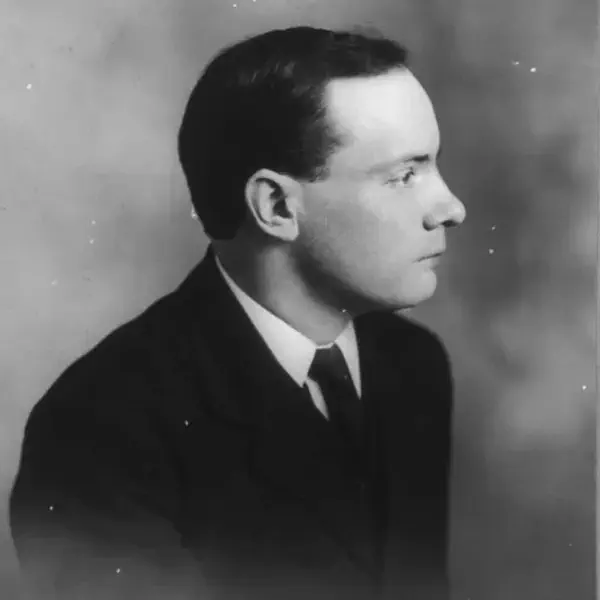
Padraig Pearse, Irish Revolutionary and One of the Leaders of the 1916 Easter Rebellion, Is Born
November 10, 1879
Patrick Henry Pearse (also known as Pádraig or Pádraic Pearse; Irish: Pádraig Anraí Mac Piarais; 10 November 1879 – 3 May 1916) was an Irish teacher, barrister, poet, writer, nationalist, republican political activist and revolutionary who was one of the leaders of the Easter Rising in 1916.
Following his execution along with fifteen others, Pearse came to be seen by many as the embodiment of the rebellion.
Pearse, his brother Willie, and his sisters Margaret and Mary Brigid were born at 27 Great Brunswick Street, Dublin, the street that is named after them today.
Educator and Poet: Pearse was a teacher and poet, deeply committed to the promotion of the Irish language and culture. He founded St. Enda’s School (Scoil Éanna) in Dublin, where he emphasized Irish language and culture in the curriculum.
Irish Language and Culture: He was a passionate advocate for the preservation and revival of the Irish language (Gaeilge) and saw it as a central element of Irish identity and independence.
Leadership in the Easter Rising: Pearse played a leadership role in the 1916 Easter Rising, a rebellion against British rule in Ireland. He served as one of the seven signatories of the Proclamation of the Irish Republic and was the Commandant-General of the Irish Volunteers during the rebellion.
Proclamation of the Irish Republic: On April 24, 1916, the Proclamation of the Irish Republic was read outside the General Post Office (GPO) in Dublin, declaring Ireland’s independence. Pearse’s role in drafting and proclaiming the document was pivotal.
Execution: Following the Easter Rising, Padraig Pearse and other leaders were arrested by British forces. He was subsequently court-martialed and, along with other rebel leaders, was executed by firing squad on May 03, 1916.